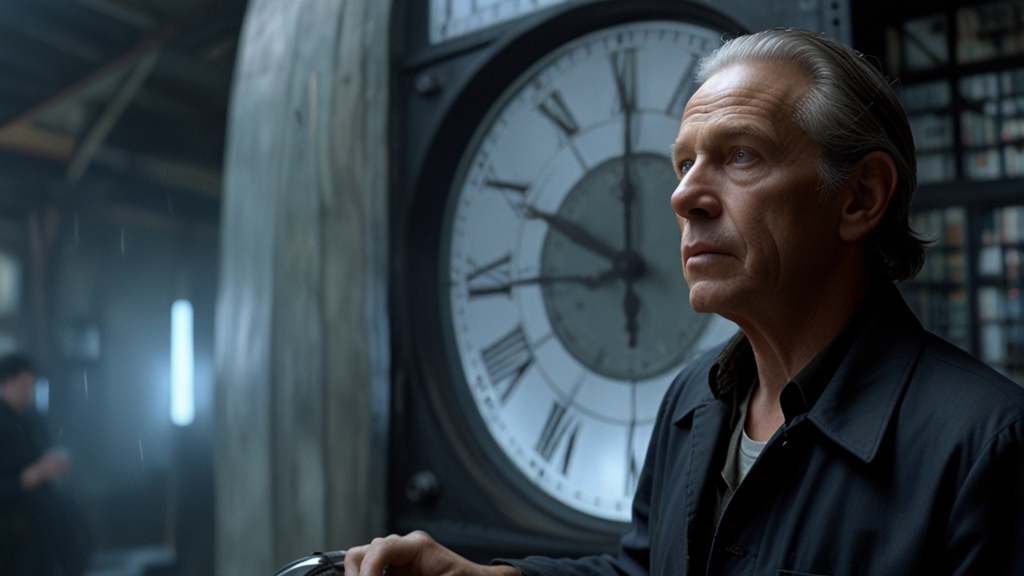Living with the Ghosts: PTSD and the Vietnam War Experience
The Vietnam War, a conflict marked by intense combat and profound loss, left indelible scars on those who served. For many veterans, the end of the war did not signify the end of their battles. Instead, they faced a new, ongoing struggle against an unseen enemy: Post-Traumatic Stress Disorder (PTSD). This article delves into the haunting legacy of the Vietnam War for veterans living with PTSD, exploring their challenges, coping mechanisms, and the evolving understanding of the disorder.
The Emergence of PTSD
PTSD, as a clinical diagnosis, only gained recognition in the aftermath of the Vietnam War. Prior to this, conditions such as "shell shock" in World War I and "combat fatigue" in World War II were acknowledged but not fully understood. The Vietnam War changed this narrative. Amid the backdrop of an unpopular conflict and a fractured homecoming, veterans exhibited a range of debilitating symptoms, from flashbacks and severe anxiety to depression and withdrawal from social interactions.
"The nights are the hardest. When sleep finally comes, the nightmares are vivid and cruel. I wake up drenched in sweat, the echoes of gunfire and the faces of fallen comrades etched painfully in my mind." – Vietnam Veteran
The Psychological Impact of Combat
Vietnam was a war like no other, characterized by guerrilla warfare, ambushes, and an often indistinguishable enemy. Soldiers faced unimaginable horrors, witnessing death and destruction daily. The psychological toll was immense. Many veterans describe a pervasive sense of guilt and betrayal, feeling abandoned by the institutions they served and misunderstood by a society divided over the war.
Moreover, the return home provided little solace. Instead of being greeted as heroes, many Vietnam veterans faced hostility or indifference. This lack of support exacerbated their trauma, leaving them to navigate their mental health struggles in isolation.
Coping Mechanisms and Treatment
For decades, PTSD remained a largely silent affliction. However, as awareness grew, so did the resources for treatment. Veterans began accessing therapy, medication, and support groups. Cognitive Behavioral Therapy (CBT) and Eye Movement Desensitization and Reprocessing (EMDR) emerged as effective treatments, helping many confront and process their traumatic experiences.
"Finding a support group was a turning point for me. Being with others who understood my pain, who had fought the same battles – it was like finding a family again." – Vietnam Veteran
In addition to professional treatment, veterans have turned to various personal coping mechanisms. Some find solace in creative outlets like writing, painting, and music. Others engage in physical activities, such as hiking or gardening, to channel their energy positively. The importance of a strong support network—whether family, friends, or fellow veterans—cannot be overstated.
Evolving Understanding and Continued Challenges
The understanding of PTSD has come a long way since the Vietnam War. Today, it is recognized not just among military personnel but also in civilians who have experienced traumatic events. This broadened awareness has led to better support systems and reduced stigma, encouraging more individuals to seek help.
However, challenges remain. Many Vietnam veterans still struggle with their past, haunted by memories they wish to forget. Access to mental health care, particularly in rural areas, can be limited. Stigma, though reduced, persists, deterring some from seeking assistance. The legacy of the Vietnam War serves as a constant reminder of the importance of ongoing, comprehensive support for all those affected by PTSD.
Conclusion
Living with the ghosts of the Vietnam War is a daily reality for many veterans grappling with PTSD. Their experiences highlight the critical need for understanding, compassion, and continual advancements in mental health care. As society's perception of PTSD evolves, so too does the hope for healing and resilience among those who have endured the unimaginable. In honoring their journey, we acknowledge the profound sacrifices they've made and the strength they continue to demonstrate.








